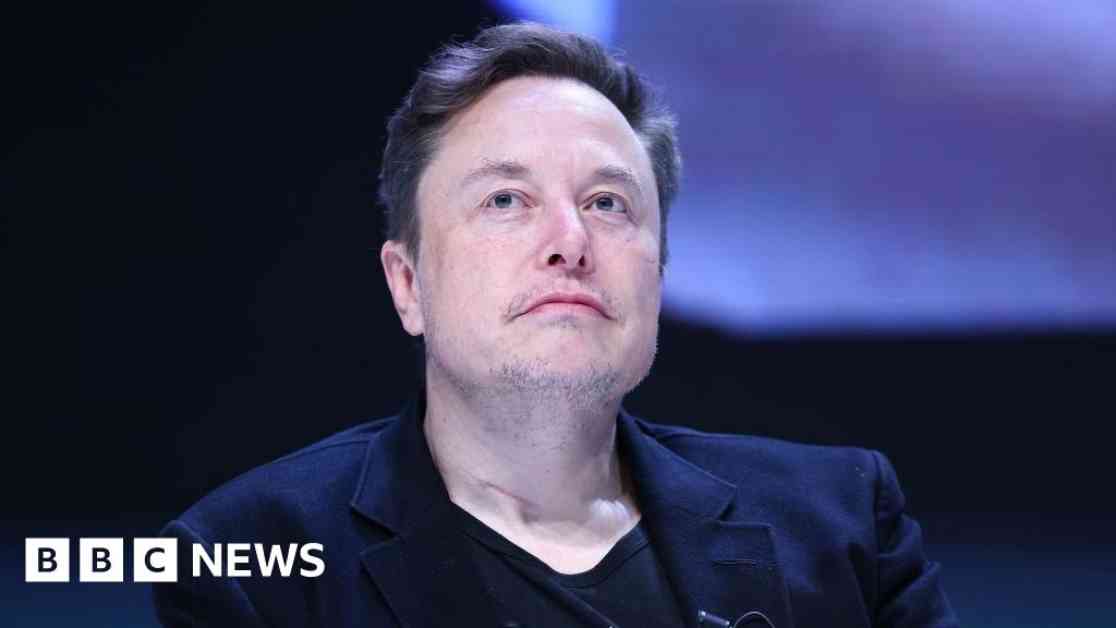Brazil’s Supreme Court has announced the lifting of the ban on the social media platform X, previously known as Twitter. This decision came after X paid significant fines and took action against accounts accused of spreading misinformation. Justice Alexandre de Moraes authorized the immediate resumption of X’s operations in Brazil after the platform paid fines totaling 28 million reais ($5.1m; £3.8m) and agreed to appoint a local representative, as required by Brazilian law.
The ban on X was initially imposed by Moraes after the platform refused to ban certain profiles that the Brazilian government deemed responsible for spreading misinformation about the 2022 Brazilian Presidential election. This led to Anatel, Brazil’s telecoms watchdog, being directed to ensure that service was restored to over 20 million users within the country within 24 hours.
Elon Musk, the owner of X and well-known for his ventures such as Tesla and SpaceX, had been vocal in his opposition to the ban and had even fired the company’s Brazilian staff and closed its office in Brazil in response to the government’s demands. Musk, a self-proclaimed advocate of free speech, criticized Moraes’ actions as an abuse of power and a violation of freedom of speech.
Following X’s compliance with the court’s orders, the platform has now been allowed to resume its operations in Brazil. This move is crucial for the platform, as Brazil is one of its largest markets globally, with an estimated 22 million users, making it the largest market for X in Latin America.
X released a statement expressing its pride in returning to Brazil and emphasized the importance of providing millions of Brazilians access to its platform. It seems that X has met all of the court’s requirements for the ban to be lifted, marking a resolution to the conflict between the platform and the Brazilian government.
The lifting of the ban on X has significant implications not only for the platform itself but also for the future of social media and freedom of speech in Brazil. It highlights the power dynamics between tech giants like X and government authorities, as well as the challenges posed by regulating social media platforms in the digital age. The case also underscores the importance of cooperation between tech companies and regulatory bodies to ensure the responsible use of social media and the protection of democratic processes.












